Ernesto Guevara was born on 14th June 1928 in Rosario, Argentina. His parents, Ernesto Guevara Lynch and Celia de la Serna y Llosa were a fairly wealthy middle class couple and gave Ernesto a good education. In 1948 he entered Buenos Aires University where he studied medicine. In the Summer of 1950 he made a tour of Argentina. Wanting to see more of South America he took a year out from study and made a tour of much of South America in 1952. He was struck by the abject poverty of many people as well as the poor working conditions in mines and factories.
He returned to Argentina where he completed his studies and qualified as a Doctor in 1953. Almost immediately he set off on his travels again this time taking in Bolivia, Peru, Ecuador, Panama, Costa Rica, Nicaragua, Honduras and El Salvador. He reached Guatemala at the end of 1953 and decided to settle there for a while. However he was unable to find work as a Doctor so he had to take a variety of jobs to earn money. He was becoming increasingly convinced that Capitalism was responsible for the extreme poverty of South and Central America and became interested in the theories of Karl Marx.
Throughout 1954 Guevara became increasingly involved in revolutionary activities. After witnessing the overthrow of Arbenz’s government by US forces he became convinced that there needed to be a worldwide revolution to overthrow capitalism. In September he left Guatemala for Mexico where he met Raul and Fidel Castro who were planning to overthrow the Cuban government led by Batista. He joined their revolutionary group.
In 1956 Guevara was one of eighty-two men that left Mexico in the yacht Granma bound for Cuba. However, on arrival the group were attacked by Batista’s forces. Guevara and the Castro brothers were among the few survivors that fled to the hills. The began recruiting Cubans to their revolutionary group and making attacks on the Cuban army. In the Summer of 1958 Batista decided to try to eliminate the revolutionaries and sent armed forces into the hills to track down and kill members of the group. However, the move backfired when many soldiers, disillusioned with the army which, on a strategic level, was inferior to the rebels, deserted and joined the revolutionary army.
In December 1958 Guevara led the group that successfully captured the Cuban city of Santa Clara. On hearing the news that the city had fallen, Batista fled. A few days later, in January 1959 the revolutionaries entered Havana, the Cuban capital and began setting up a new government. In February, Guevara was made a Cuban citizen. In October he was made head of the Department of Industry of the National Institute of Agrarian Reform (INRA) in Castro’s new government and a month later he became President of the National Bank. Together with Raul Castro he was responsible for ridding the army and police of anyone that remained loyal to Batista. The majority of those arrested under suspicion were found guilty and executed. The executions were condemned worldwide.
During 1960 and 1962 he spent much time writing about the Cuban Revolution and also the tactics used in guerilla warfare as well as travelling to other socialist countries. He also made deliberate moves to align Cuba more strongly with the Soviet Union a move which led to the Cuban Missile Crisis of October 1962. Sanctions placed on Cuba by Western countries, especially America caused the economy to slump and also led to increasing disagreements between Guevara and Castro. Guevara spent the next couple of years travelling other socialist countries and also speaking to groups about Socialism and revolutionary tactics. When he returned to Cuba in 1965 he resigned from the government determined to devote himself to bringing about new revolutions in other countries. In the summer of 1965 he left Cuba for Africa where he toured a number of countries including Zaire and the Congo hoping to spark Communist revolutions in those countries.
Concerned by Guevara’s revolutionary intentions Mike Hoare was given the task of tracking him down and arresting him. Guevara managed to avoid capture in Africa and left the continent in 1966 bound for Bolivia. In 1967 he led a Bolivian revolutionary group. Although they had some initial successes defeating the Bolivian army by October 1967 Bolivian forces had the upper hand. Guevara was injured and taken prisoner on 8th October and executed by gunfire on 9th October.
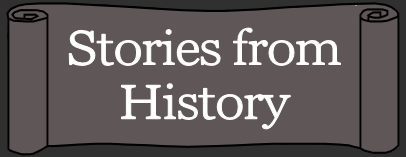
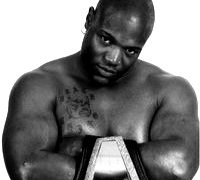
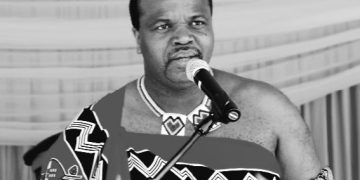
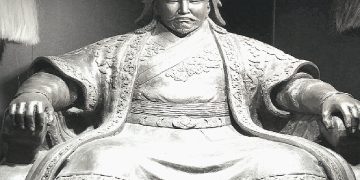
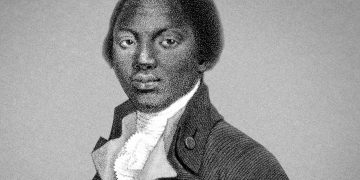
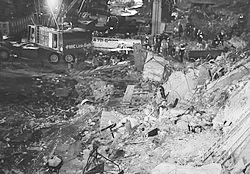
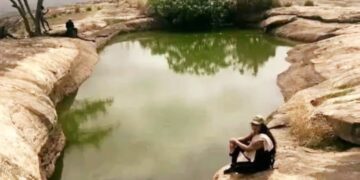
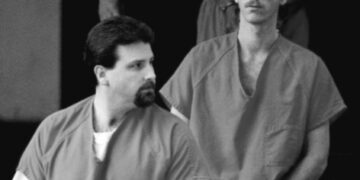
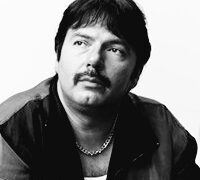
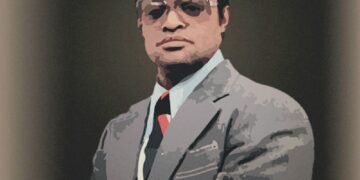


Thank you! Its nice reading the life of ernesto guebara.